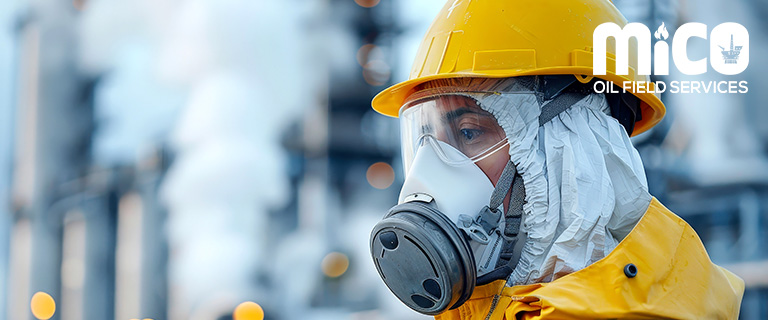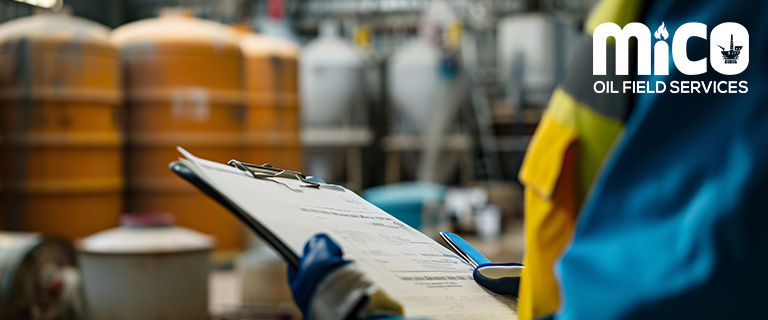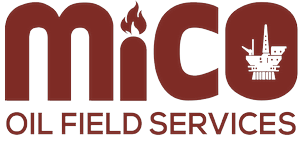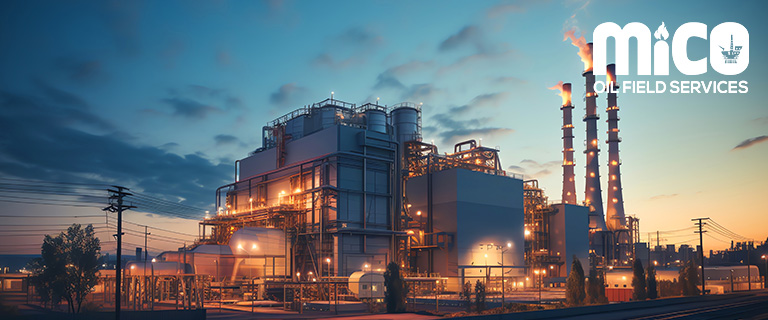The oil and gas industry is one of the most heavily regulated sectors globally, given its potential environmental and safety impacts. From exploration and drilling to refining and distribution, every phase of the oil and gas lifecycle is subject to stringent regulations designed to protect human health, the environment, and economic stability. Non-compliance can lead to severe consequences, including hefty fines, operational shutdowns, and irreparable damage to a company’s reputation. This makes compliance not just a legal obligation but a critical business imperative.
Chemical supply services are integral to achieving and maintaining compliance in this complex regulatory landscape. These services provide the necessary chemicals and expertise to manage and mitigate risks associated with oil and gas operations. From ensuring the quality of water discharged into the environment to preventing corrosion in pipelines, chemical suppliers offer tailored solutions that help companies meet regulatory standards. Furthermore, they play a crucial role in monitoring and adapting to changing regulations, providing ongoing support to ensure that companies remain compliant as new laws and guidelines emerge.
Understanding Regulations
The regulatory framework governing the oil and gas industry is extensive and multi-layered. At the international level, conventions like the MARPOL and ISM Code set standards for pollution prevention and safety management, respectively. These regulations are enforced through national laws, which may vary significantly from one country to another. For example, in the United States, agencies like the EPA and FERC oversee environmental protection and safety in oil and gas operations. The EPA’s regulations cover a wide range of issues, including air emissions, water quality, and waste management, while FERC focuses on the safety and security of natural gas pipelines and other energy infrastructure.
Staying compliant with these regulations requires a thorough understanding of both the specific legal requirements and the broader regulatory environment. This is where chemical supply services come into play. They provide not only the necessary chemicals but also the expertise to navigate this complex landscape. By staying up-to-date with regulatory changes, these services help companies proactively manage compliance risks, ensuring that their operations meet all necessary standards.

Customized Solutions
One of the key advantages of working with specialized chemical supply services is the ability to access customized chemical solutions tailored to specific operational needs and regulatory requirements. In the oil and gas industry, different operations require different chemical treatments to prevent corrosion, manage waste, and ensure safety. For instance, demulsifiers are used to separate water from crude oil, while corrosion inhibitors protect pipelines from the corrosive effects of the fluids they transport.
These chemicals are not only essential for operational efficiency but also play a crucial role in regulatory compliance. For example, the discharge of untreated water into the environment can result in significant fines and penalties. Chemical treatments that remove harmful substances from wastewater ensure that companies meet environmental standards set by agencies like the EPA. By offering customized solutions, chemical supply services enable companies to meet these stringent requirements efficiently and cost-effectively.
Training and Support
Compliance in the oil and gas industry goes beyond using the right chemicals; it also involves proper handling, storage, and disposal of these substances. This is where training becomes essential. Chemical supply services often provide comprehensive training programs that educate employees on the safe handling of chemicals, emergency response procedures, and the latest regulatory requirements. These programs are designed to minimize risks, such as chemical spills or accidental releases, that could lead to environmental damage and regulatory violations.

In addition to training, ongoing support from chemical supply services is vital for maintaining compliance. This support can include regular audits and inspections, technical consultations, and assistance with regulatory reporting. For example, many chemical suppliers offer Environmental, Health, and Safety (EHS) management systems that help companies track their compliance status and identify areas for improvement. This ongoing support ensures that companies are not only compliant at a specific point in time but remain so as regulations and operational conditions evolve.
Discussion
One of the most significant contributions of chemical supply services is their role in developing and implementing customized chemical solutions. Each oil and gas operation has unique needs based on factors such as geographic location, the type of crude oil or gas being processed, and the specific technologies used. For instance, offshore drilling operations may require different corrosion inhibitors and scale preventers than onshore facilities due to varying environmental conditions and regulatory requirements. By offering specialized chemicals, suppliers ensure that companies can meet both operational needs and regulatory standards, which often go hand in hand.

The chemical supply services provide invaluable training and ongoing support, which are critical for maintaining compliance. Training programs are designed to equip employees with the knowledge and skills to handle chemicals safely and responsibly. This is particularly important in an industry where improper handling of chemicals can lead to catastrophic accidents, environmental damage, and significant legal repercussions. Additionally, ongoing support, including regular audits and technical consultations, helps companies stay ahead of regulatory changes and continuously improve their compliance status.
The importance of this partnership is further highlighted by the increasing emphasis on sustainability and environmental protection in the oil and gas industry. As global concerns about climate change and environmental degradation grow, regulatory bodies are tightening their standards, requiring companies to adopt greener practices and technologies. Chemical supply services play a crucial role in this transition by providing eco-friendly chemicals and advising on best practices for reducing environmental impact. This includes offering solutions that minimize harmful emissions, reduce waste, and promote the efficient use of resources.
The role of chemical supply services extends to assisting companies in meeting their corporate social responsibility (CSR) goals. In today’s business environment, companies are increasingly judged not only by their financial performance but also by their environmental and social impact. By helping companies adhere to environmental regulations and adopt sustainable practices, chemical supply services contribute to enhancing the industry’s overall reputation and public image.
The partnership between oil and gas companies and chemical supply services is vital for ensuring regulatory compliance, operational efficiency, and environmental sustainability. As the industry evolves, this collaboration will continue to be a cornerstone of successful oil and gas operations, helping companies navigate the complex regulatory landscape and meet the demands of an increasingly environmentally conscious world. In Oman Oil and Gas eco-system MICO has this dynamic relationship ensures that the industry can continue to meet global energy needs while safeguarding the environment and public health.










